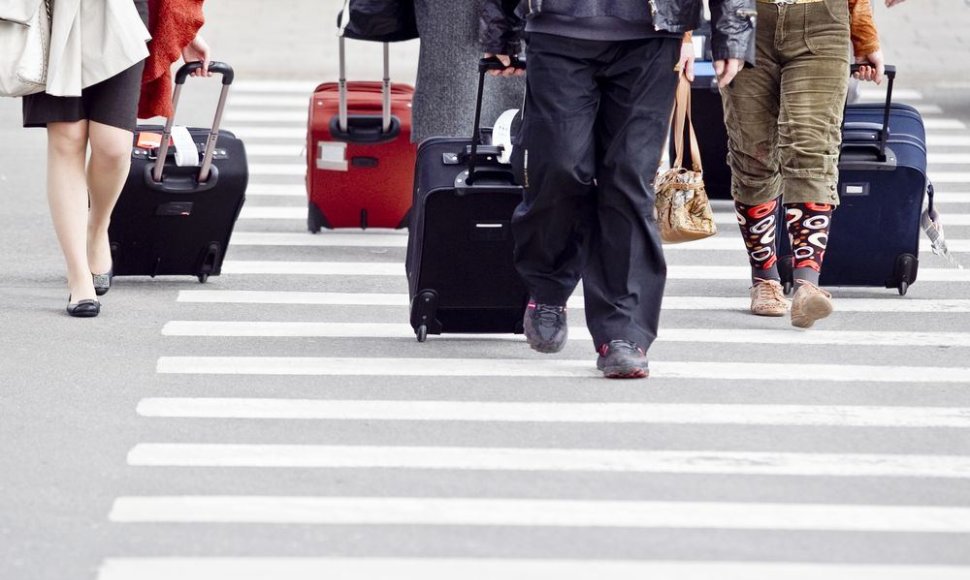According to the study of return migration data carried out by experts of the Public Policy and Management Institute, in 2011, 11 percent of Lithuania's adult population were migrants who had returned home. The number totaled at 280,000 people.
Official statistics suggest that 67,000 Lithuanians returned to Lithuania in 1990-2011. However, the figure only reflects declared return migration. Representative polls of Lithuanian residents showed in 2008 and 2011 that 200,000-300,000 of the population had experience of past migration. The bulk of returnees had not declared their departure or return.
According to the polls, Lithuanians are drawn back to Lithuania by nostalgia for their home and families. About half of those who returned noted it was the most important factor, while 80-85 percent said it was an important reason along with other factors.
Another 20-40 percent of migrants said they came back because they had achieved what they left for in the first place – completed education or earned enough money.
Authors of the study said Lithuanian migrants featured intensive turnover – departure, return, and repeated departure. Nearly half of returnees said they had experience of multiple migration: they had left and come back twice or more.
The study on return migration of Lithuanian residents was presented along with a book prepared by Egidijus Barcevičius, Dovilė Žvalionytė and other researchers. They said it was the first study in Lithuania which provided a thorough analysis of know-how acquired abroad and application of the knowledge in the Lithuanian labor market, in addition to the general migration tendencies.
The study showed that jobs held by about two thirds of returnees abroad were inconsistent with their qualifications and education, did not involve the know-how they had acquired in Lithuania and guaranteed a relatively lower pay. The remaining third had found better-paid jobs in line with their qualifications.
Regardless of having worked low-skilled jobs, absolute majority of returnees said they improved their skills and know-how while abroad. As many as nine out of 10 returnees said it was worth to emigrate.
The study is based on polls of Lithuanian residents and returnees from abroad carried out by Baltijos Tyrimai (Baltic Surveys) for the Public Policy and Management Institute in 2008 and 2011.












